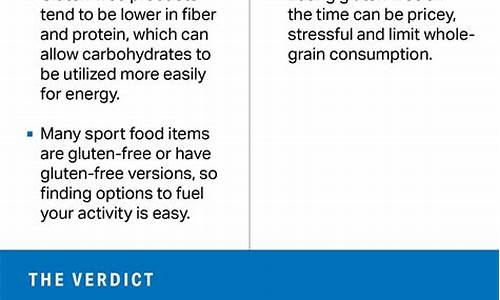Dietary Precautions Before and After Exercise
When it comes to fitness, a well-balanced diet plays a crucial role in maximizing performance and ensuring recovery. Understanding what to eat before and after exercise can make a significant difference in achieving your fitness goals. Proper nutrition supports energy levels, muscle repair, and overall performance. In this article, we will explore the dietary precautions to take before and after exercise, helping you optimize your workouts and recover faster.
Pre-Exercise Nutrition: Fueling Your Body
Before hitting the gym, it’s essential to fuel your body with the right nutrients. Eating a balanced meal 1-2 hours before exercising helps maintain energy levels and prevent fatigue. A good pre-workout meal should consist of complex carbohydrates, lean proteins, and a small amount of healthy fats. Carbohydrates provide quick energy, while protein supports muscle growth and repair. Avoid heavy meals high in fats and sugars, as they may lead to sluggishness.
Hydration: Stay Hydrated Before and During Exercise


Hydration is crucial before, during, and after your workout. Dehydration can lead to decreased performance and muscle cramps. Drink plenty of water throughout the day, and aim to hydrate before exercising to ensure your body is ready for physical activity. Avoid sugary drinks and alcohol, as they can dehydrate you.
Post-Exercise Nutrition: Essential for Recovery
After exercising, your body needs proper nutrition to recover and repair muscles. The post-workout period is the best time to replenish glycogen stores and support muscle repair with protein. A balanced post-exercise meal should include carbohydrates to restore energy levels and protein to help repair muscle tissue. Aim to eat within 30-60 minutes after exercising for optimal results.

Importance of Healthy Fats and Micronutrients
In addition to macronutrients, don’t forget about micronutrients like vitamins and minerals. These help with energy production, muscle function, and immune support. Healthy fats found in foods like avocado, nuts, and olive oil can also aid in long-term recovery and reduce inflammation.

Conclusion: The Key to Optimal Fitness
In summary, eating the right foods before and after exercise can significantly enhance performance and speed up recovery. Focus on balanced meals with the right mix of carbohydrates, proteins, and healthy fats, while staying hydrated. By following these dietary precautions, you will give your body the fuel it needs to perform at its best and recover efficiently, ultimately helping you reach your fitness goals faster.